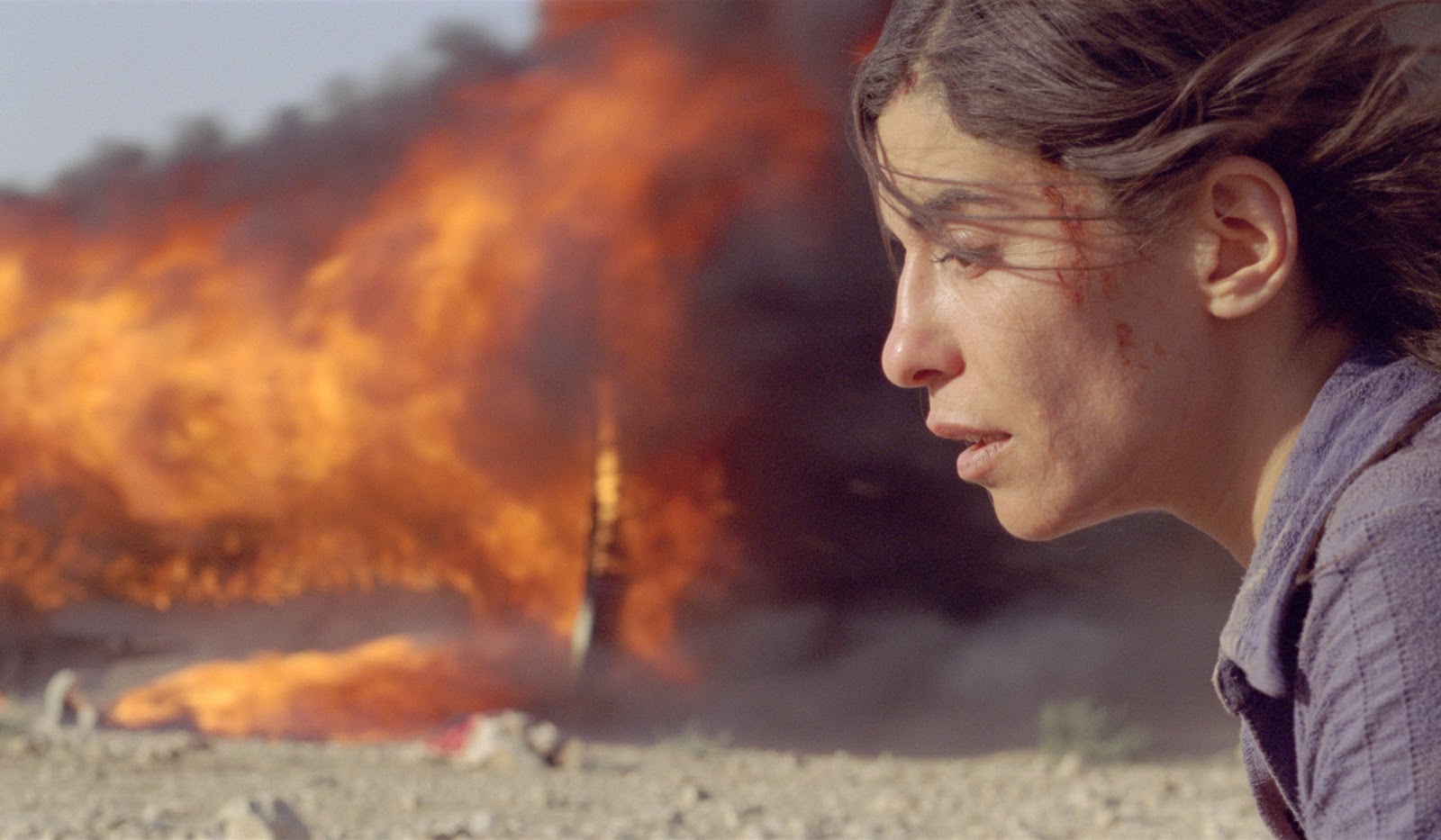
Suspense is a waltz. It’s a rapid movement amidst calamity. It’s also a slow crawl that sits in your gut. It’s the anxious trip from point A to point B, or it’s not knowing where to go at all. Almost every masterpiece has even a little bit of tension; I wouldn’t call Singin in the Rain a suspenseful film, but you want things to work out well because of the changing film industry.
Tension is needed to create conflict, and conflict is needed to further a story. This can be through plot, or through feeling. Even your favourite comedy has tension of some sort; Brian has to fight off large crowds that welcome him as the messiah in Life of Brian. However, not every film is built on suspense. That’s a completely different discussion altogether.
Some filmmakers love diving deep into the darkest pits of human despair. There are so many ways suspense can be created, thanks to the filmmakers that laid the blueprints out for the rest of the world to gaze upon. These ten films are spine tingling, goosebumps-raising, heart racing works that will get to you no matter who you are.
These ten films are so fixated on their conflicts and waiting games, you will not be able to sit still. Whether you agree with the films or not, I don’t know if you can find a better selection of influential filmmakers when it comes to the genre; I think these works might be the best for this topic. Take your seats, because this is the 101 class on films that will leave you breathless and nervous. Here are ten films that are textbook examples of creating tension.
1. The Third Man (1949)
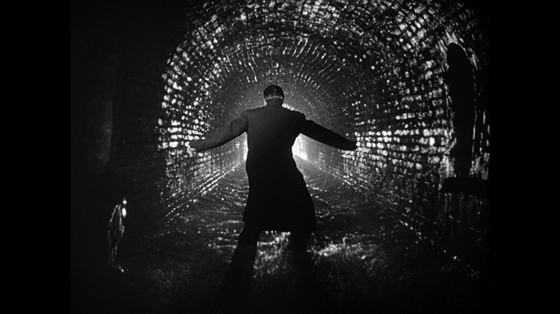
Harry Lime is dead. That’s what we’re told at the start of Carol Reed’s noir masterpiece The Third Man. Holly Martins wonders what it’s all about when he tries to reunite with his former friend Lime, because Martins was promised work. Everything happens so fast at first, and that’s how it all begins. You’re already confused with the scenario.
We haven’t even been given a chance to meet Lime; why does all of this matter? Your brain goes into overdrive quickly, and you begin to spiral out of control when none of the points add up. Suddenly, twists are tossed your way, and the scenario you first pictured isn’t quite what you expect.
The Third Man is not the first film to create suspense, but it is such a great early example because of how confident it was with its original idea. The film gets so entrenched in this miasma, and you will as well.
2. Sunset Boulevard (1950)
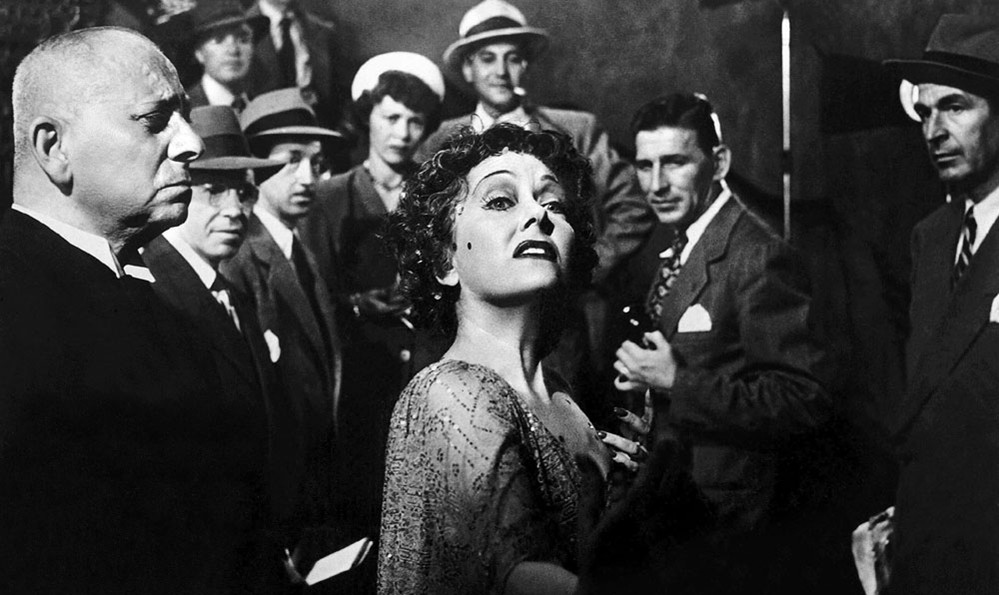
When Billy Wilder isn’t dominating the comedy genre with wit and banter, he’s creating scheme-infested underworlds full of betrayal. Yes, as good as Wilder was with comedies, he was just as great within the noir world. Sunset Boulevard is a great example, because it’s disguised as a Hollywood drama. It’s tinsel town: everything is laid out for us, and no one can hide.
Of course, Hollywood is full of actors, but we can’t just disregard Norma Desmond’s cries for help (despite her thinking she doesn’t need any). The fascination of the American Dream (or superstardom) can drive one crazy, and watching the collapse of one’s fortune and mind is so engrossing.
The most deceiving part is that we begin at the end: a lifeless corpse floats at the top of a pool, staring down at us in some dreamlike way. We know how it ends, and maybe can even suspect who is responsible. There is still tension because the road to the end is way more complicated than you bargained for.
3. Rear Window (1954)
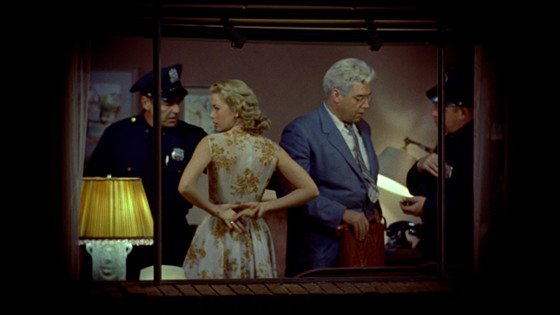
Alfred Hitchcock was so confident with his ability to stir the minds of his audiences. He always attempted to push boundaries, too. Psycho was highly controversial for its time for the many rules that it broke (including, yes, showing a toilet flush on screen [gasp]).
A good argument for which film is the greatest display of Hitchcock being the master of suspense is Rear Window. Firstly, you are stuck in one room for the majority of the picture. That sounds like a benefit, but it really works to your detriment; you aren’t safe in this free zone, but you are confined at all costs without the ability to leave.
Secondly, you look at everything that happens on the street, and you feel on top as the voyeur of the town. Seeing doesn’t grant you the ability to control, though. Once Jeff begins to work his way into the affairs of those around him (trying to help, of course), the pedestal is removed.
Jeff plays with fire by trying to lower himself to the place of his neighbours, while being tethered to his apartment. It’s like trying to grab something that’s very far away while you’re holding a stack of plates; it’s bound to come crashing down eventually.
4. 12 Angry Men (1957)
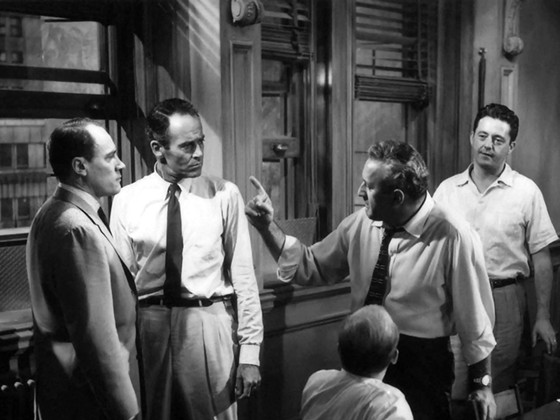
Twelve strangers have to come to an unanimous agreement in Sidney Lumet’s judicial classic. Reasonable doubt forces the “not guilty” verdict to be claimed by any of the jurors. However, off the bat, most of the jurors find the defendant “guilty” just to go on about their day, and take their evidence at face value. This clever tactic tells us that these men are willing to place a possibly innocent man in jail for their own reasons.
As the film progresses, and votes flip to “not guilty”, the boardroom begins to get heated. Some jury members are deeply rooted with their decisions; yet, the more people flip to “not guilty”, the further away we are from a unanimous decision.
Never meeting the accused in question, we can’t put a defined face or personality on who it is the jury is discussing, leaving our minds to wander. 12 Angry Men does so much with so little, and that’s usually the sign of a master at work.
5. Chinatown (1974)
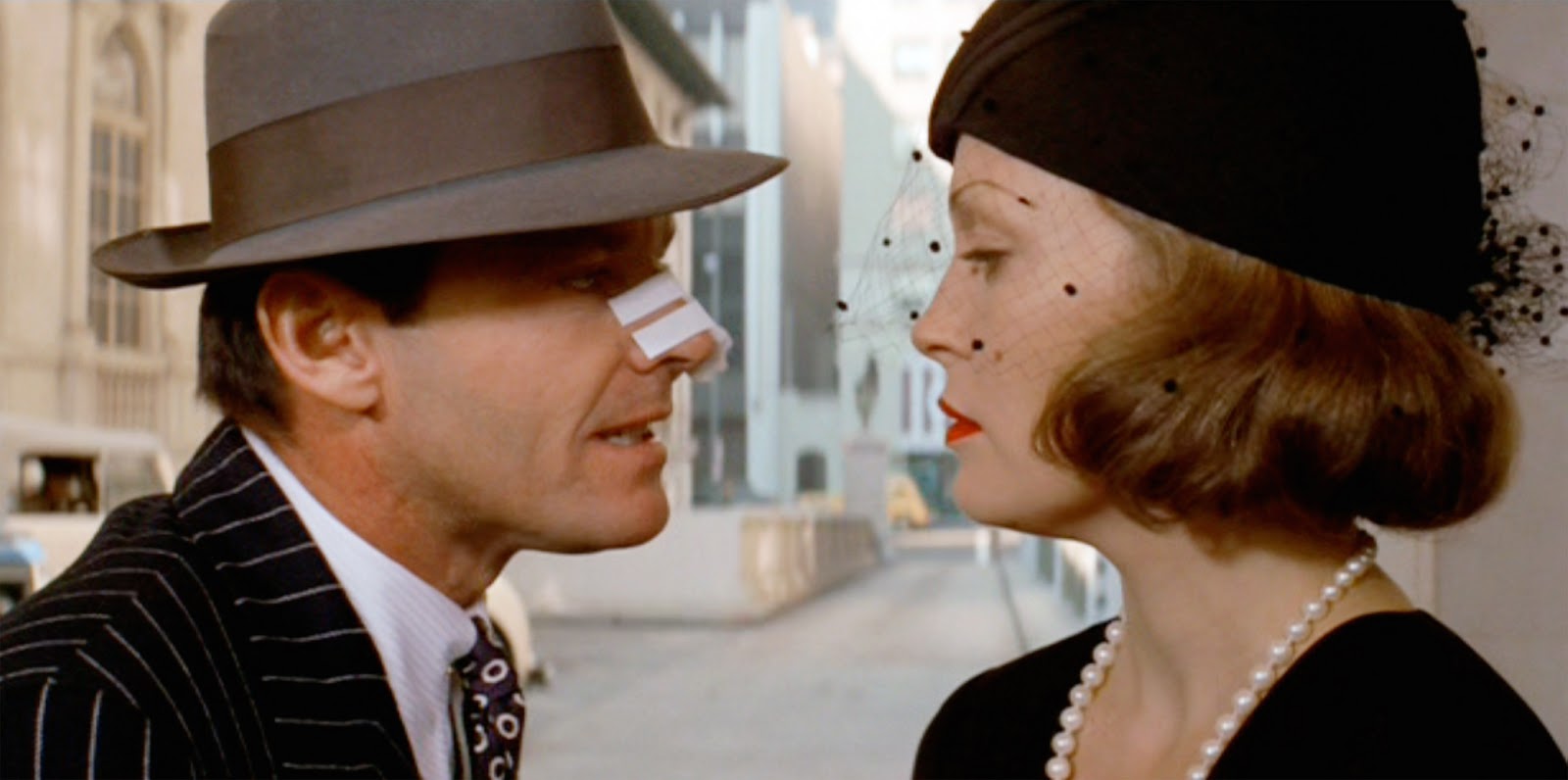
Whether you applaud director Roman Polanski or screenwriter Robert Towne for this neo-noir opus, Chinatown is hands down the greatest suspense film of all time. Immedeatly, the confinements of film noir are broken by a client of J. J. Gittes breaking the signature Venetian blinds in his office.
Then, the case of the film happens, and we’re back on the road of being a typical noir. As the film progresses, the uncertainty begins. This is no ordinary noir film (hence its neo-noir label), and it dives deeper than most classic noir films ever desired. It gets disturbing very quickly.
Amongst all of this is, perhaps, the greatest screenwriting you will ever find, as the winding complexities of the case are air tight. By the infamous climax, you may have to sit in a corner and let it marinate for a while; it’s a hell of a story to take in.